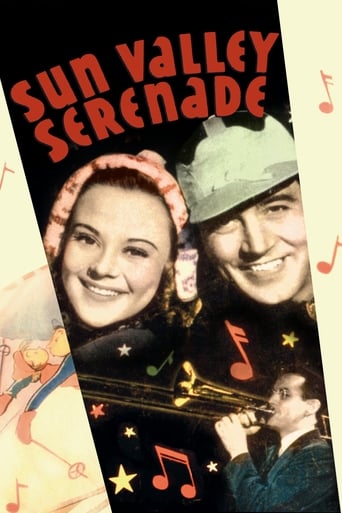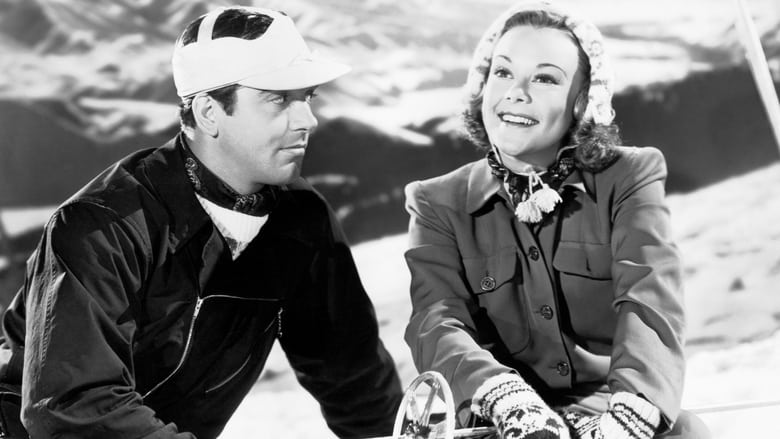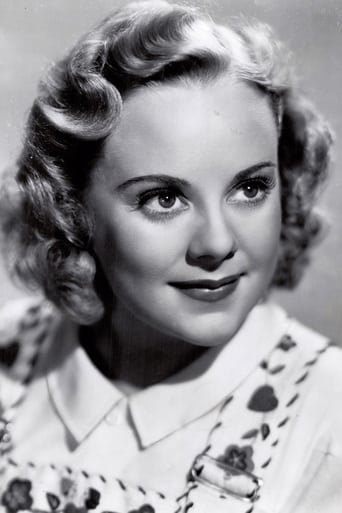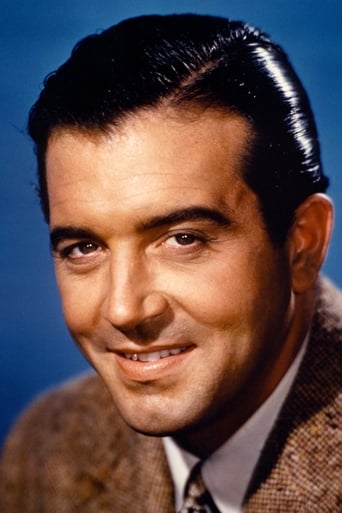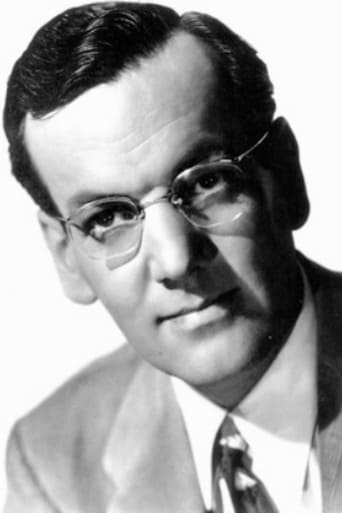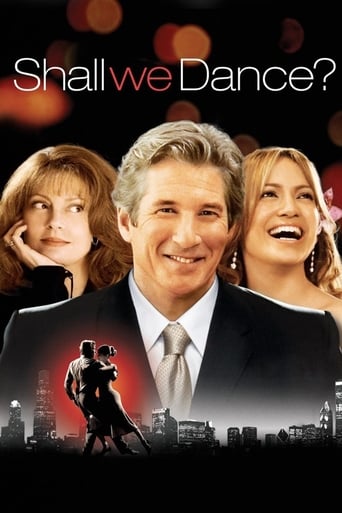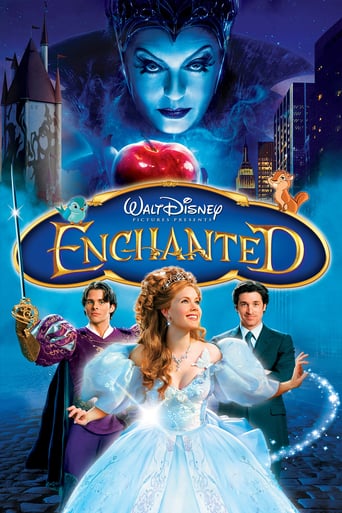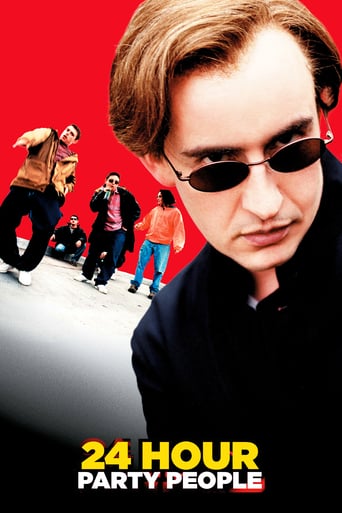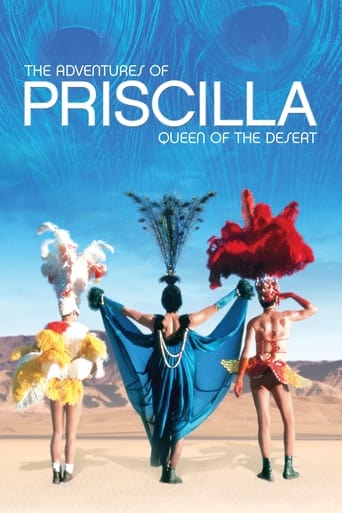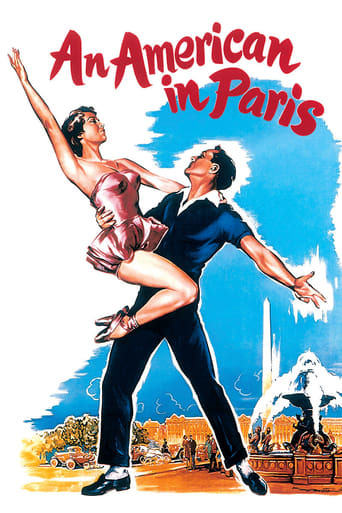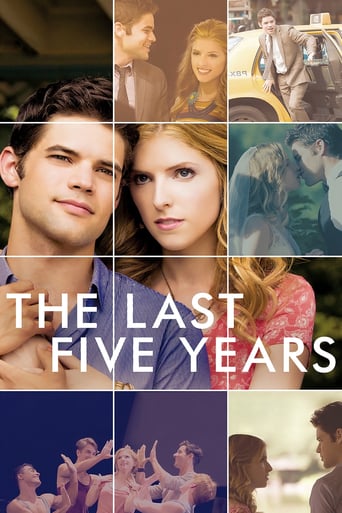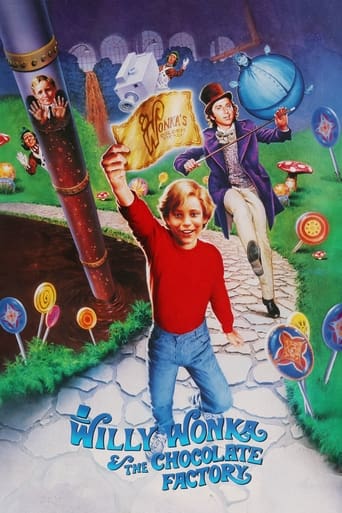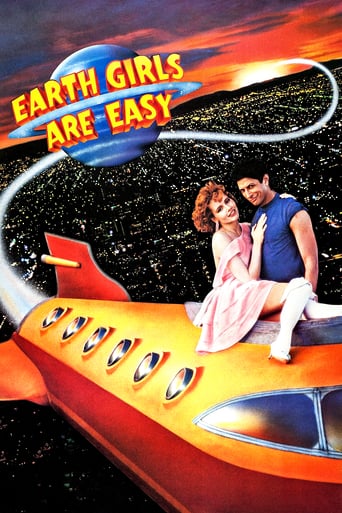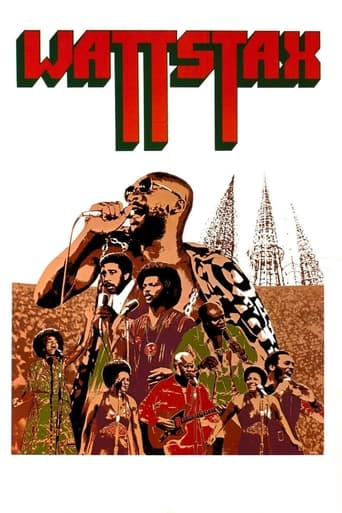Sun Valley Serenade (1941)
When Phil Corey's band arrives at the Idaho ski resort its pianist Ted Scott is smitten with a Norwegian refugee he has sponsored, Karen Benson. When soloist Vivian Dawn quits, Karen stages an ice show as a substitute.
Watch Trailer
Cast


Similar titles
Reviews
Thanks for the memories!
Sick Product of a Sick System
One of my all time favorites.
It’s not bad or unwatchable but despite the amplitude of the spectacle, the end result is underwhelming.
In honor of Black History Month, I've been writing reviews of movies that African-Americans, in front and behind the camera, have been involved on in chronological order. So we're now in 1941 with Sun Valley Serenade. In a brief specialty number at the end of Glenn Miller's "rehersal" of "Chattanooga Choo Choo", The Nicholas Brothers-Fayard and younger sibling Harold-tap dance up a storm after first doing some steps and singing with Dorothy Dandridge in her only appearance with her future husband (Harold) and his brother. They're the coolest thing in the picture and it's a shame that because of some Southern theatres' resistance of black performers appearing with their white counterparts in the same scene (unless they appeared in domestic or chauffeur/doorman/porter roles) that that's their only appearance here. Otherwise, it's a mostly entertaining movie with John Payne providing some excellent physical comedy near the end, Milton Berle being his amusing wisecracking self, Miller playing his great classics with his band before disappearing in a plane during the war after finishing another picture, Sonja Henie as the refugee from Norway doing some pretty good acting for a skater, and Lynn Bari, who while her role as Payne's first love takes a back seat after Henie appears, does the best she can with the material she's given. Love the song she mouthed to in the beginning. Maybe the last skating number by Henie was a bit much but it was still enjoyable. So, all in all, I highly recommend Sun Valley Serenade. P.S. The porter that Berle talked to after Joan Davis' first appearance was Fred "Snoflake" Toones who I just saw in The Green Pastures.
I liked it. This is a musical comedy, which means: don't pay attention to the predictable story, just enjoy the comical relief and the musical numbers. This film has a great Glenn Miller score, simply lovable. I was afraid I was going to find Henie's performance annoying, but she's actually quite good through out - nothing Oscar worthy or anything like that - and John Payne, an actor I never really liked (apart from the classic Miracle on 34th Street), works well with her. The ice-skate numbers were a special treat. We can't compare with today's ice-skaters, like so many other users have said, but we can't help being impressed either. It was a good experience and I can say it got me interested in the rest of Sonja's work. Boy, could she ice skate!
"Sun Valley Serenade" is a quite a fun & pleasant movie starring one of the most famous big bands of all time: the Glenn Miller Orchestra! Glenn Miller may not have been a great actor, and jazz history informs us that he was not the greatest trombonist. But the presence of Miller and his band (as Phil Corey and the Dartmouth Troubadours), performing a fair number of old favorites, is what provides this film with a lot of its charm. The primary love interest in this movie involves the figure-skating Norwegian refugee Karen Benson (Sonja Henie) and the Troubadours' pianist/vocalist Ted Scott (John Payne), who happens to be Karen's sponsor. But Ted is pressured to make a choice between Karen and the band's female vocalist Vivian Dawn (Lynn Bari), and it is not easy for him. He is quite nervous about having a loving relationship with the cheerful young refugee for whom he is responsible. No matter how hard Ted tries to fend her off, Karen is so much in love with him and is so sure he would make a perfect husband for her that she is willing to try every trick imaginable in order to win his heart. By the end of the film, Ted realizes how stuffy Vivian is and how wonderful it would be to have Karen for a wife.My favorite highlights from "Sun Valley Serenade" include the following. Ever the prankster, Karen engages in some outrageous skiing hijinks in order to infuriate Ted, causing a lengthy chase. The band's smart-aleck, brown-nosing manager Jerome K. "Nifty" Allen (Milton Berle) tries his hand at skiing and, with a witty musical accompaniment, fails miserably ("Calling Dr. Kildare, prepare for surgery!"). While stranded inside a cabin, Karen and Ted share a tender moment as they dance together while Ted sings to her the beautiful ballad "I Know Why and So Do You." The band's rehearsing of "Chattanooga Choo Choo," featuring the great vocal stylings of Tex Beneke & the Modernaires as well as the fabulous footwork of the Nicholas Brothers, is very swinging indeed! Before Vivian joins the Dartmouth Troubadours, she does a miserable audition of "It Happened in Sun Valley" with her own band, which proves to be a fine accompaniment for her until the second chorus; she walks off the band and continues her audition with the Troubadours, and after their short rendition of the classic "Moonlight Serenade," Vivian chimes in with "I Know Why and So Do You." "Sun Valley Serenade" is a fine showcase for Glenn Miller and His Orchestra, as well as for the figure-skating talent of Sonja Henie. I highly recommend this film for all admirers of big band music and love stories with mischievous twists.
For the first time the 'Sun Valley Serenade' was shown in the USSR at the time of WW2. It was never forbidden by the Soviet censorship, so it could be watched in the following years as well. The film made formidable impression on Soviet citizens. It conjured up 'the American dream' in which the USA appeared as a country where everything is excellent, all women are beautiful, life is extremely easy and cheerful, where money lies on the streets - bend down and take!Opposite to that paradise picture they saw around them a surly Soviet reality, lack of liberty, empty shops, shabby life in overcrowded communal apartments where people had to stand in turns to get to WC, etc.Surely, Stalin made a great mistake permitting his subjects to see this film.A friend of mine watched this film 46 times. Glen Miller became the greatest composer to him. I saw it twice, and at the second time left the cinema long before the end.That dream about America continued to live in hearts and minds of many people in the Soviet Union. It had been one of the factors which gave birth to the dissident movement, and at the end, made a contribution to the fall of Communism in Russia.I'm sure that there are some people who participated in creation of the movie who are living now: do they know about their part in the History?From the point of view of pure art, the rating, I think, is 6 out of 10.

